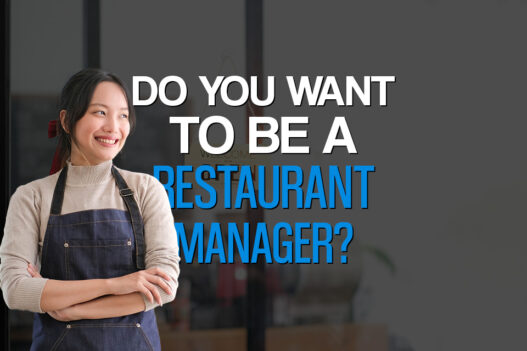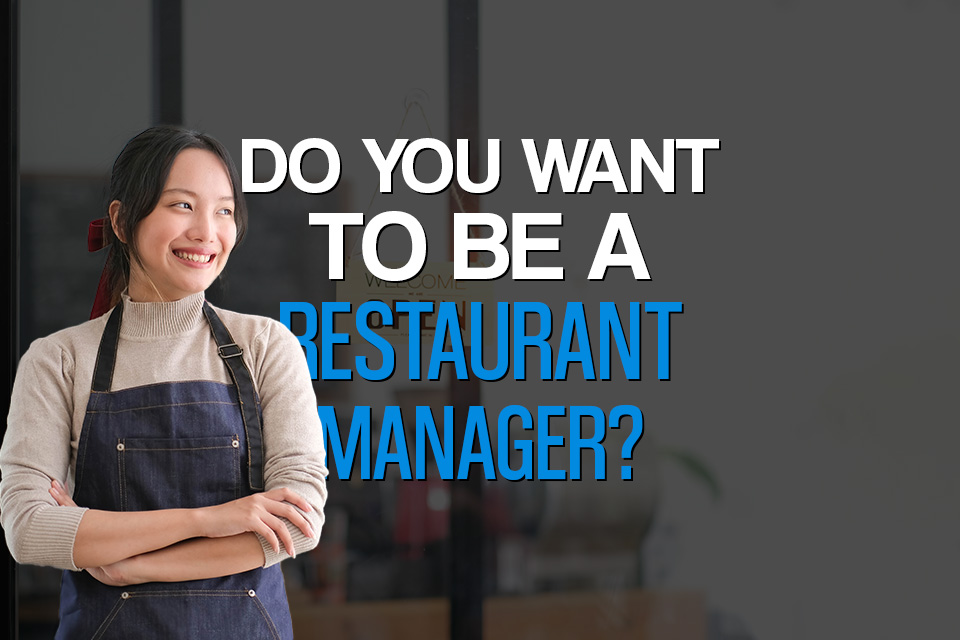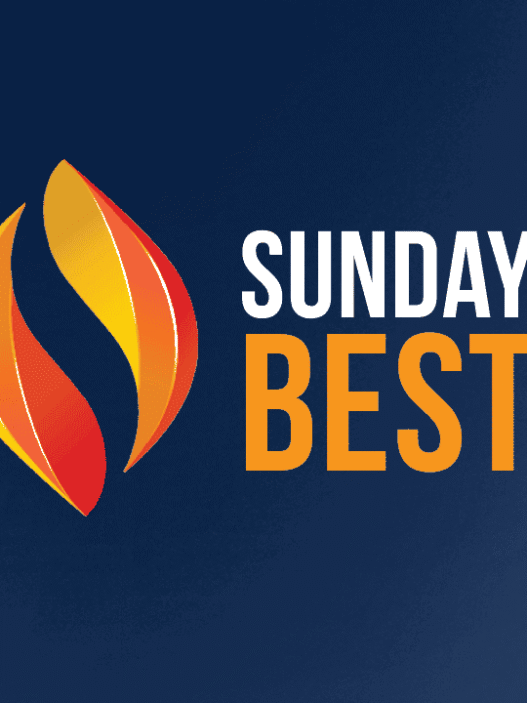So, you're thinking about running a restaurant? Whether it's flipping burgers at a fast-food joint, overseeing the organized chaos of a big-chain casual dining spot, or managing the white-glove world of fine dining, the role of a restaurant manager is not for the faint of heart.
It's long hours, lots of pressure, and plenty of problem-solving. But it can also be incredibly rewarding — especially if you thrive in fast-paced environments and love the energy of the service industry.
This guide will help you explore every type of restaurant management job, what it takes to succeed in each, how much you can expect to earn, and how to decide if it's the right path for you.
What Does a Restaurant Manager Actually Do?
Regardless of the type of restaurant, most managers are responsible for:
- Staff management: Hiring, training, scheduling, and sometimes firing.
- Customer service: Handling complaints, making sure diners leave happy, and stepping in when things go sideways.
- Operations: Overseeing kitchen efficiency, supply chain orders, food safety, and health code compliance.
- Finances: Managing payroll, budgeting, and often tracking sales against targets.
- Marketing & growth: Running promotions, events, or community outreach to attract diners.
In other words, restaurant managers are the glue that holds everything together.
Managing a Fast Food Restaurant
Think McDonald's, Burger King, or Taco Bell. Fast food managers deal with high volume and high turnover — both in customers and staff.
- Pros: Clear systems, lots of corporate support, and steady demand (fast food rarely slows down).
- Cons: Lower pay than other types of management, long shifts, and managing mostly younger, part-time staff who might not stick around.
- Average salary: $35,000–$55,000/year.
- Best for: People who like structured environments, efficiency, and working with younger teams.
Managing a Local Independent Restaurant
Here's where things get more personal. Local restaurants rely on loyal customers, tight margins, and word-of-mouth marketing.
- Pros: Creative freedom, close connection with staff and customers, and opportunity to help shape the restaurant's identity.
- Cons: Less stability than corporate chains, unpredictable income, and fewer resources if things go wrong.
- Average salary: $40,000–$65,000/year (varies widely).
- Best for: Community-oriented managers who like wearing many hats.
Managing a Large Chain Restaurant
Think Chili's, Applebee's, Olive Garden. These are bigger than fast food but still corporate-run with standardized systems.
- Pros: Strong corporate backing, benefits packages, career advancement opportunities.
- Cons: Less flexibility in how you run things — corporate policies rule everything.
- Average salary: $50,000–$75,000/year, plus bonuses for hitting performance targets.
- Best for: People who like structure but want more interaction and variety than fast food.
Managing a Fine Dining Restaurant
Fine dining is a whole different beast. Think Michelin-starred restaurants or upscale establishments where service and presentation are as important as the food.
- Pros: Prestige, higher salary potential, networking opportunities, and working in a polished environment.
- Cons: Incredibly demanding, long hours (often late nights), and high pressure to maintain perfection.
- Average salary: $60,000–$100,000/year (plus tips or profit-sharing in some cases).
- Best for: Detail-oriented managers with strong leadership and hospitality skills.
Managing a Highly Coveted Restaurant
Picture managing Eleven Madison Park in NYC or The French Laundry in Napa Valley. These are world-famous restaurants where reservations book months in advance.
- Pros: Extreme prestige, resume gold, and working with the best in the industry.
- Cons: The pressure is unmatched. Customers and critics have sky-high expectations. Mistakes are not forgiven easily.
- Average salary: $90,000–$150,000/year.
- Best for: Managers who have years of fine dining experience and thrive under intense scrutiny.
Owning and Managing Your Own Restaurant
This is the dream for many, but it's also the riskiest. Most restaurants fail within the first five years — usually because of poor cash flow, bad location, or management inexperience.
- Pros: Full control, unlimited earning potential, and the pride of ownership.
- Cons: Huge upfront investment ($200,000–$1M+ depending on concept), financial risk, and endless responsibility.
- Best for: Entrepreneurs who want total freedom and are comfortable with risk.
If you want to know more: How to Start Your Own Restaurant
What Skills Do You Need?
No matter where you land on the spectrum, successful restaurant managers usually share these traits:
- Leadership: The ability to motivate staff under stressful conditions.
- Communication: Handling customer complaints while keeping the team aligned.
- Problem-solving: From broken ovens to missing staff, managers deal with crises daily.
- Organization: Juggling staff schedules, inventory, and budgets without losing your cool.
- Stamina: This is a physically demanding job with long hours on your feet.
Case Studies
Case Study 1: Fast Food Manager
Mark started as a cashier at Wendy's and worked his way up. Within five years, he became a store manager. While his salary isn't sky-high, the corporate ladder is clear: he can move into district management, overseeing multiple locations and earning six figures.
Case Study 2: Fine Dining Manager
Sophia worked in hospitality through college and eventually landed a management job at a Michelin-starred restaurant in Chicago. The pressure is immense — critics come through often — but the prestige has opened doors for her to consult for other restaurants.
Case Study 3: Owner-Manager
Jamal took a big leap by opening his own café in a growing neighborhood. The first year nearly broke him — long hours and constant stress. But by year three, the café was profitable, and he now has a loyal customer base. The risk was high, but so was the reward.
Is Restaurant Management Right for You?
Here's the blunt truth: managing a restaurant isn't glamorous most of the time. It's stressful, physically demanding, and requires a lot of sacrifice. But if you thrive under pressure, love the buzz of service, and want a career where every day feels different, it can be one of the most rewarding jobs out there.
The right path — fast food, local, chain, fine dining, or ownership — depends on your personality, your goals, and how much risk you're willing to take on.
If you want to be a restaurant manager, make sure you know the type of environment you're walking into. Each has its pros and cons, but with the right fit, this career can be both financially and personally fulfilling.
The post Do You Want to Be a Restaurant Manager? appeared first on MoneyMiniBlog.



















